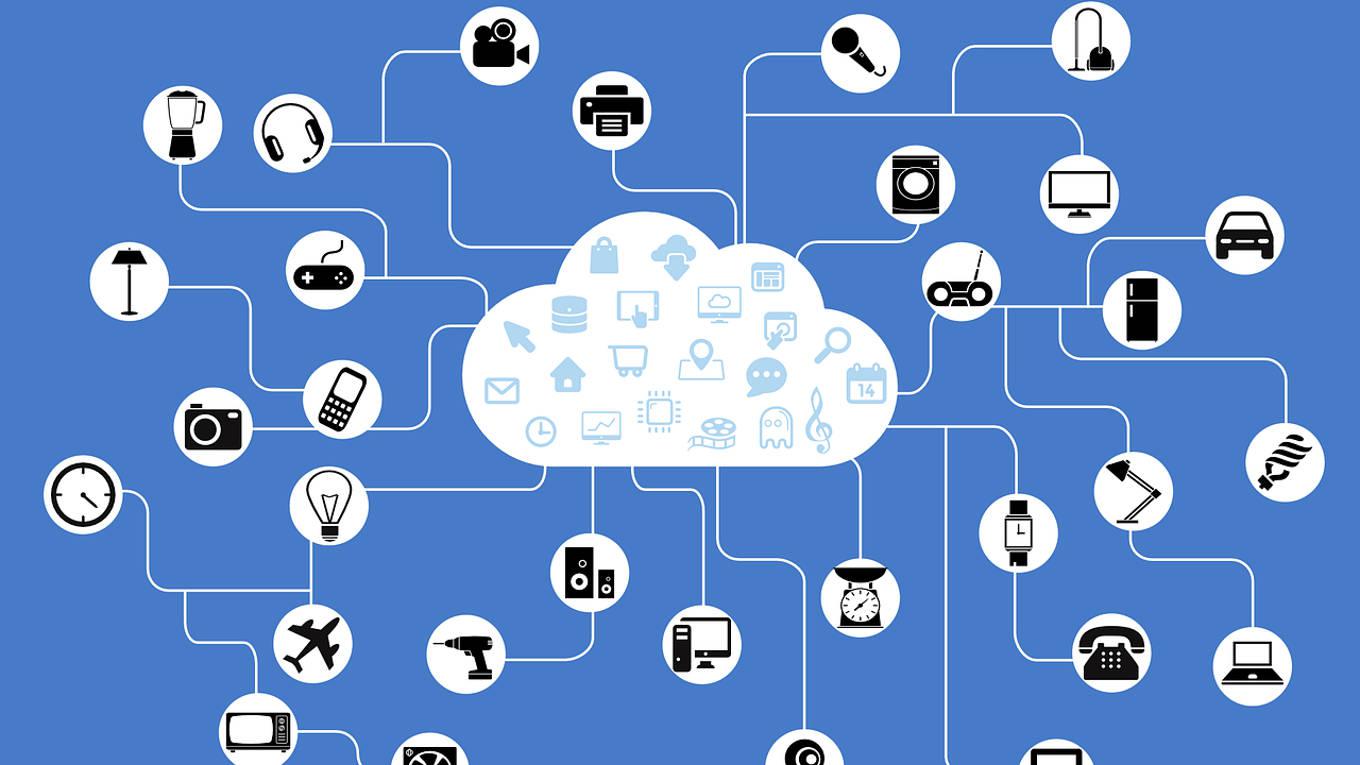As the world braces for an era of transformed workplaces and lifestyles, organisations confront new challenges as they are compelled to shift to telework practically overnight, and ask their employees to operate from home. In normal course, transferring entire workforces from offices with secure IT environments to remote setups with scant cybersecurity would require long-term IT planning and preparation. That was, however, not an option in 2020, and cyber criminals have been capitalising on the ensuing opportunities.
Fortinet, the Sunnyvale-headquartered cybersecurity major, has investigated these cybersecurity challenges that organisations now face and has published its study titled 2020 Remote Workforce Cybersecurity Report.
Its survey conducted in June, and involving employees of private and public sector industries across 17 countries, reveals that almost 60 per cent of enterprises are each planning to invest more than $250,000 on secure telework over the next two years due to the pandemic. These investments were unplanned, but securing remote work has become a top priority for these companies.
Besides, nearly half of the respondents have already invested in virtual private network (VPN) and cloud security, and are planning to upgrade network access control (NAC) and endpoint detection and response (EDR). The top areas they are making new investments in, as part of their business continuity plan, are multi-factor authentication (MFA), secure communications, software-defined wide-area networking (SD-WAN) for the enterprise as well as the employee’s home, segmentation, VPN, and secure access service edge (SASE).
Nearly two-thirds of firms surveyed needed to transition more than half of their workforces to telework, even as they anticipate more of their workforce to continue to work remotely in future.
-

The net gets wider


































